Rhodora “Olah” Romero-Aldemita (DST ’77) recently moved to the International Service for the Acquisition of Agri-biotech Applications (ISAAA) as a Senior Program Officer. She obtained her BS Agriculture (Plant Pathology) and MS (Agronomy) degrees from UP Los Baños in 1980 and 1988, respectively. She obtained her Ph.D. from Purdue University under a Rockefeller Foundation Fellowship.

Olah
Olah is married to Nestor Aldemita, a forester and a co-choir member of the First Evangelical Church. They have two daughters, Yvette Joy and Dyan.
For a more in-depth life story of Olah, please go to the First Person page.
Several years ago, you have been given an award by the Department of Science and Technology of the Philippines recognizing your efforts in improving rice through biotechnology. How significant is this award to you? In your evaluation, how is the state of science and biotechnology in the Philippines? What is the outlook?
As I always say in the beginning of my biotechnology lectures, advances in science and technology are the gauge of how developed a country is. We are still considered under developed in every sense of the word. This is ironical since the Philippines has all the potentials of becoming a leader in biotechnology in South East Asia. We have immense natural resources and we were the first Asian country to develop our scientific and technological capacities way before the other ASEAN countries. Scientific leaders in leading state universities who were trained in developed countries like the US, Europe, and Japan, were already mentoring young minds, and laboratories have already been set-up in the mid 70’s. Many scientific institutes were built in the UP campuses and budding scientists were hopeful to have an excellent working environment and compensation. But the Philippines was not able to nurture and provide for our scientists, there was a massive brain drain and all the early initiatives were put to waste. Until now, going abroad is still an attractive alternative if you want to pursue any career in science and technology. The Filipino scientist is intelligent, hard working, and can adapt to any culture. This is why we are very much sought after in foreign lands.
The deprivation of the Filipino scientists should stop. It is only now that the government has allotted money for research and development for science and technology because we are lagging behind the other Asian nations. Billions of pesos have been given by the Arroyo government to the Department of Science and Technology (DOST), Department of Agriculture (DA) and the Univeristy of the Philippines system to double their efforts in resolving the food crisis. I hope it is still not too late.
We need to rebuild our manpower capacity and research laboratories so that we can start anew and face the global challenges of poverty, hunger, dwindling land and water resources and global warming. There should be a realization from the top management that Filipino researchers need to be given more compensation so that they can think, conceptualize and put into action the necessary measures to solve the problems of the country. They also have families to support and children to send to school. Their creativity can be affected if there are other problems they need to contend with.
I may not be in the government anymore but my heart and mind is still with the Filipino people. My involvement in biotechnology through the DA and DOST will still be there until they get tired of me.
You have been with the Philippine Rice Research Institute for more than a decade before moving to ISAAA late last year. Why did you decide to move? What are the things that you can do now, which you cannot at PhilRice? And what are the things that you miss being part of PhilRice?
. . . I left PhilRice with a heavy heart. I could have stayed but . . . I reckon that I can be more help if I am an outsider. I am now helping my PhilRice colleagues in getting contacts and collaborators abroad, in helping them direct research based on my exposures abroad, and in giving them insights on funding opportunities.
I also need to stay with my family longer. I was alone at PhilRice for more than a year. I was joined by my husband later but we left our younger daughter all by herself in our big house. I constantly think of her safety and well-being. I was also thinking that since my two daughters have finished their university schooling, it is high time for me and my husband to re-bond with our daughters and be with them before they leave us for the next stage of their lives….getting higher education or getting married.
Of course, I miss my friends, especially Nenet, Norvie, Evelyn, Tony, Ate Thel, Dindo and others, too many to mention. I also miss working with my younger colleagues Gina, Loida, Fely and my assistants Glenda, Rona, Marichelle, Em Em, and many more. I see them from time to time since I have to check on them every month as part of the contract I signed with the Director to be a consultant pro bono for a year. But I guess even if the year is over, I will still go there as part of my commitment to serve.
My interest on research will never wane, but I will now be in the sidelight helping them in whatever way I could. My work at ISAAA complements what I intend to do since I am more exposed now to the current scientific trends.
Last Updated on October 12, 2016 by Tudla_Admin


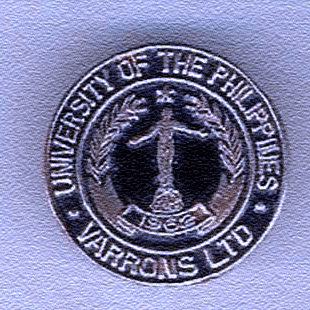




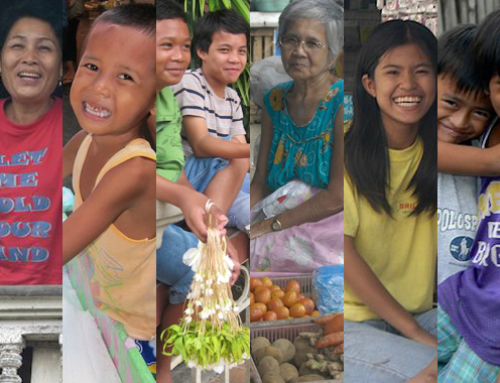

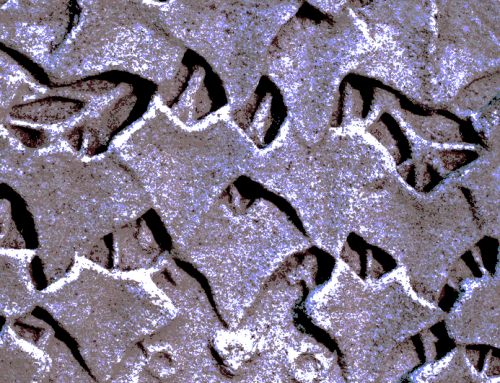
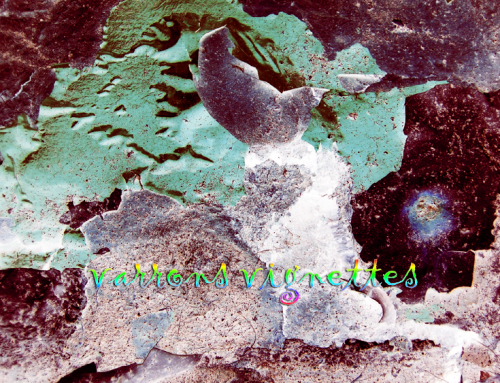
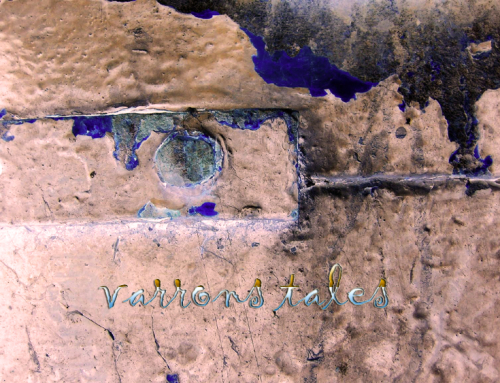
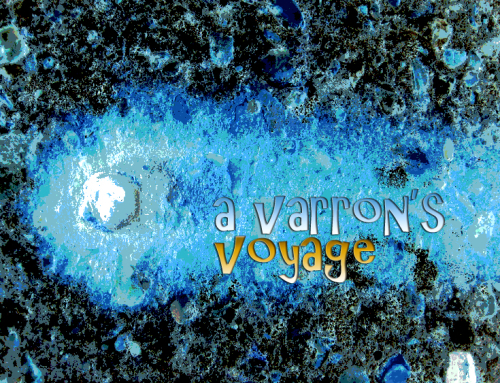



Leave A Comment